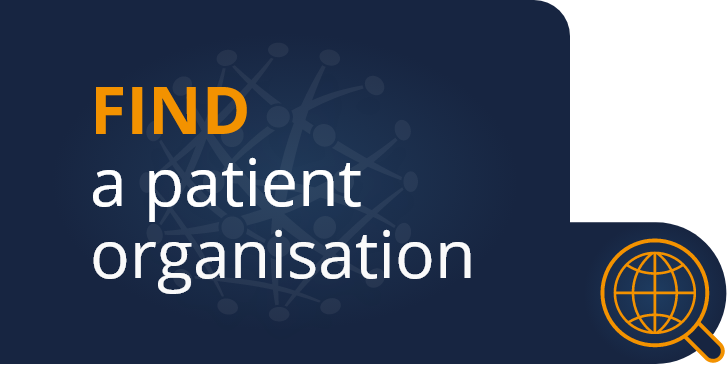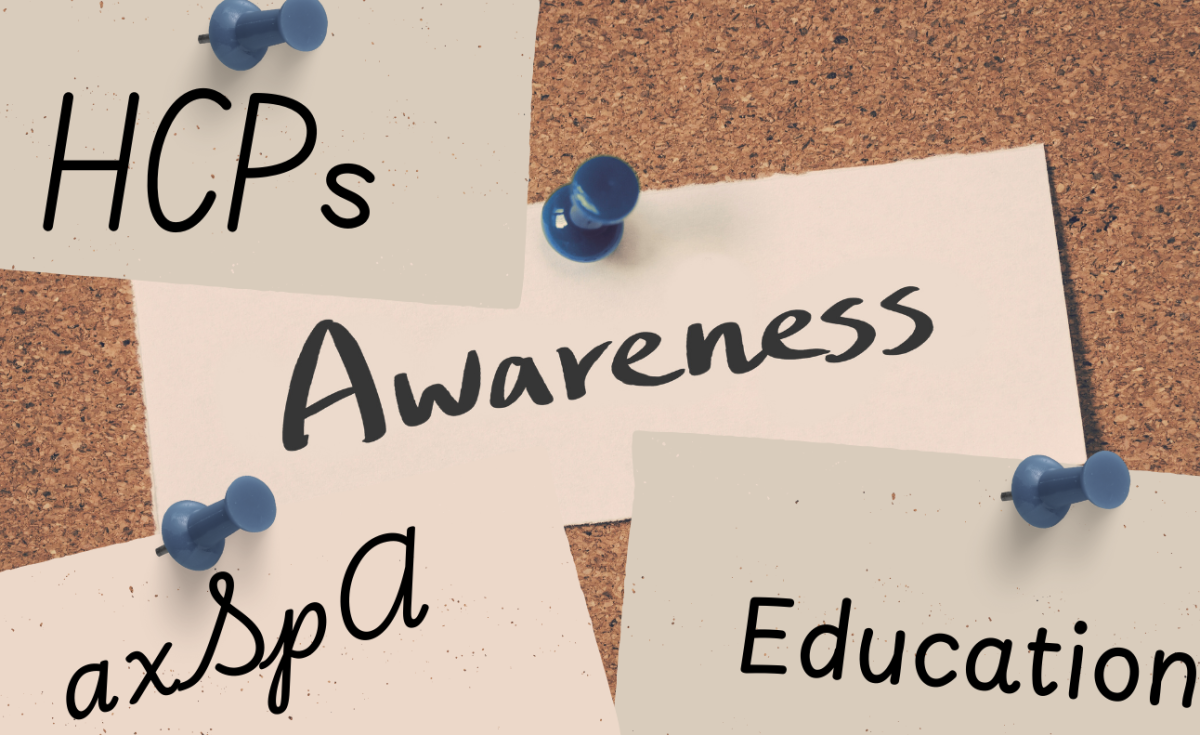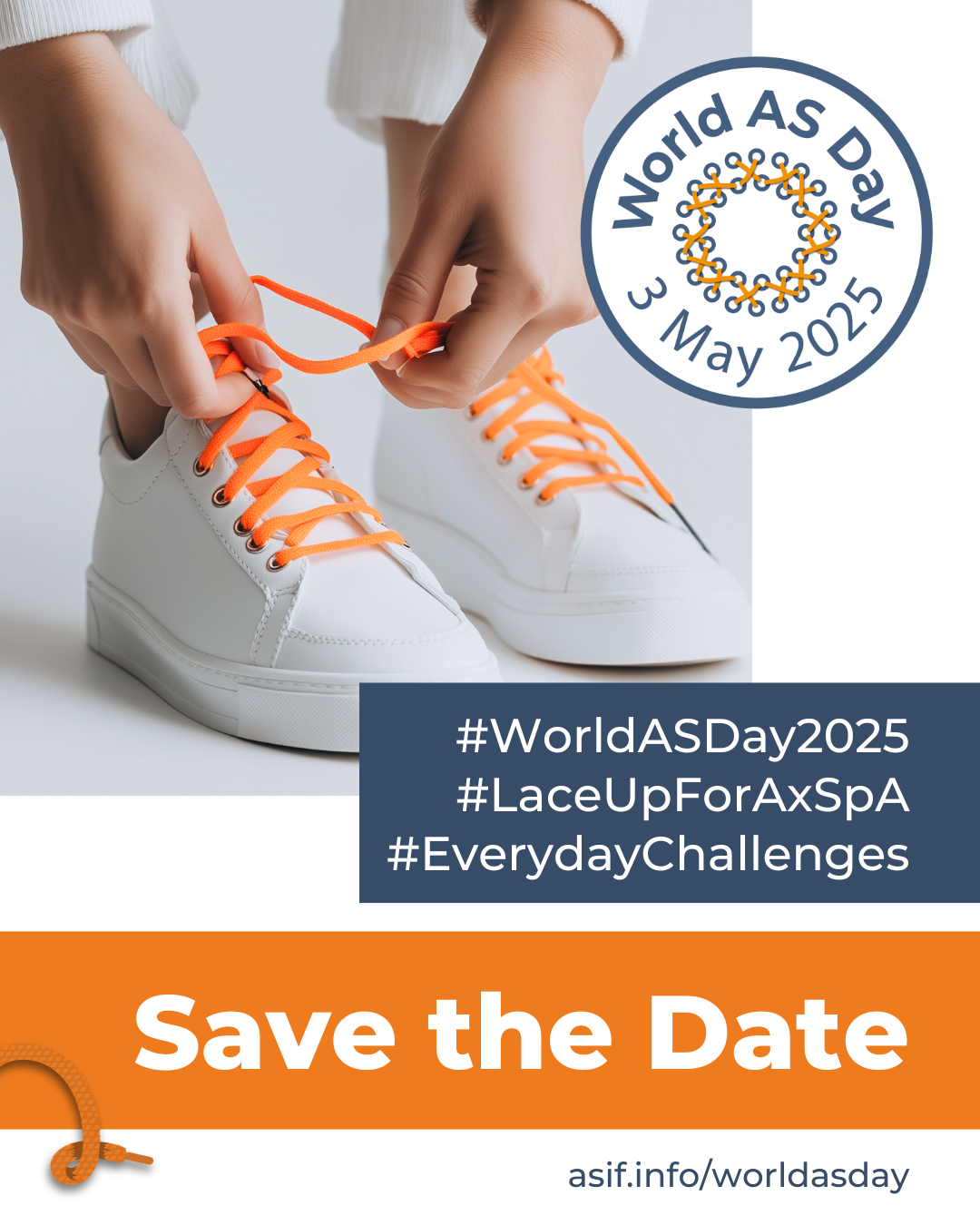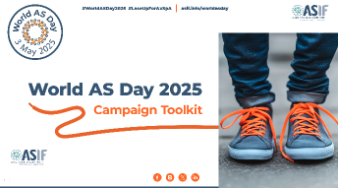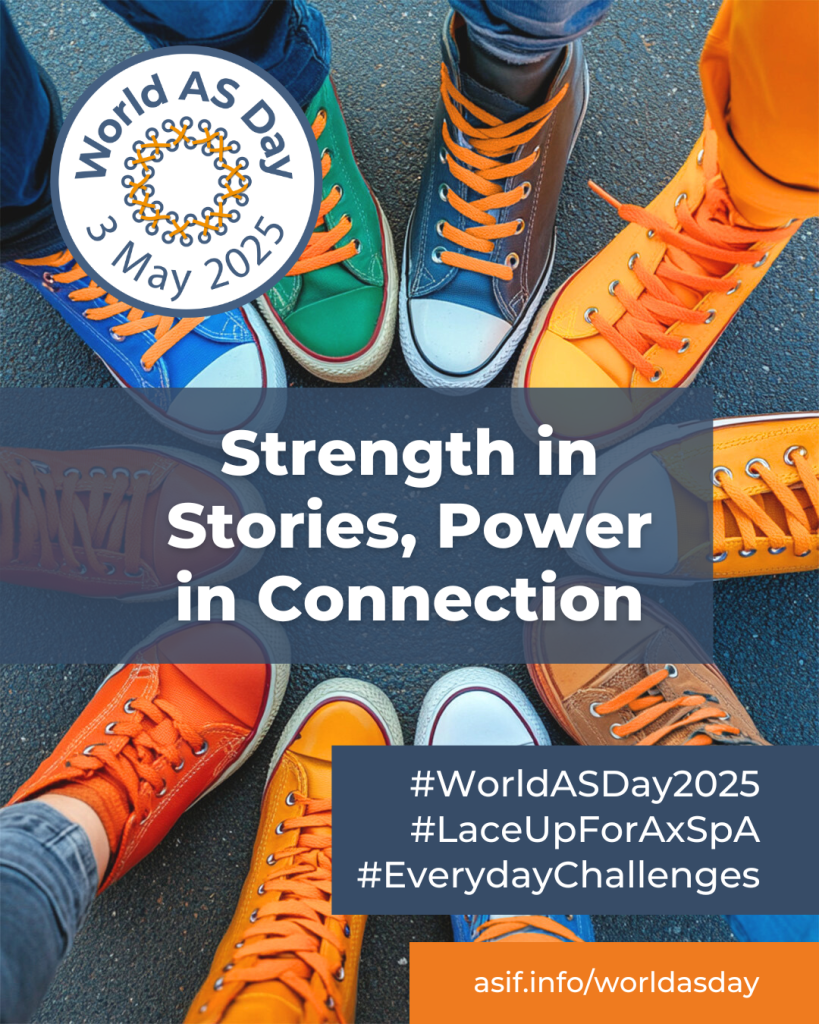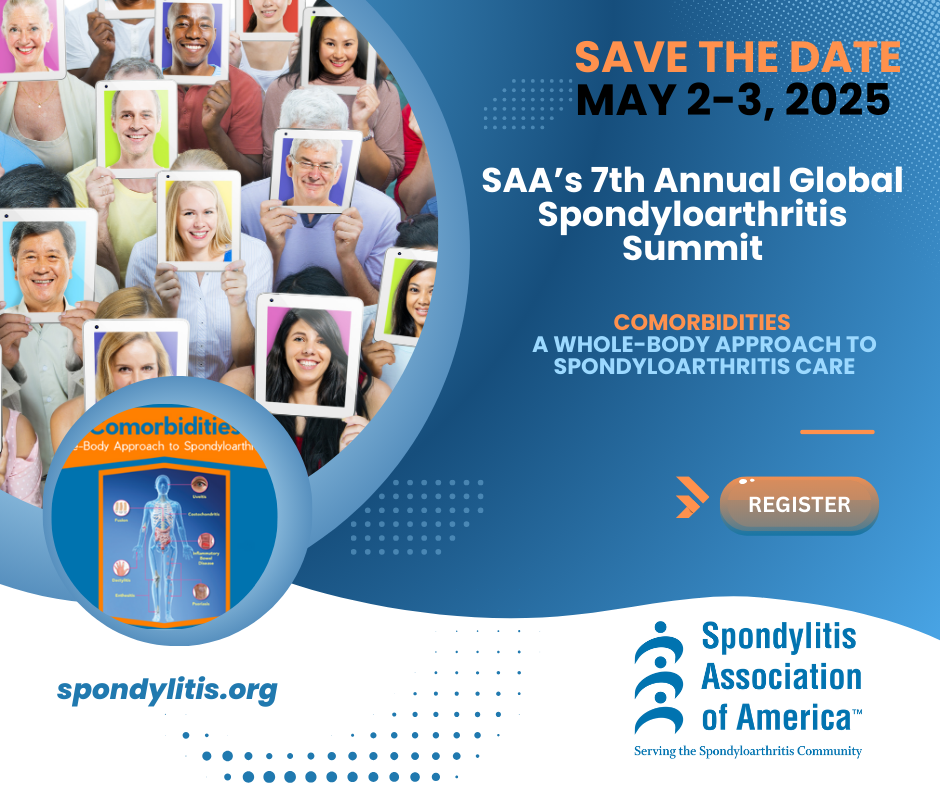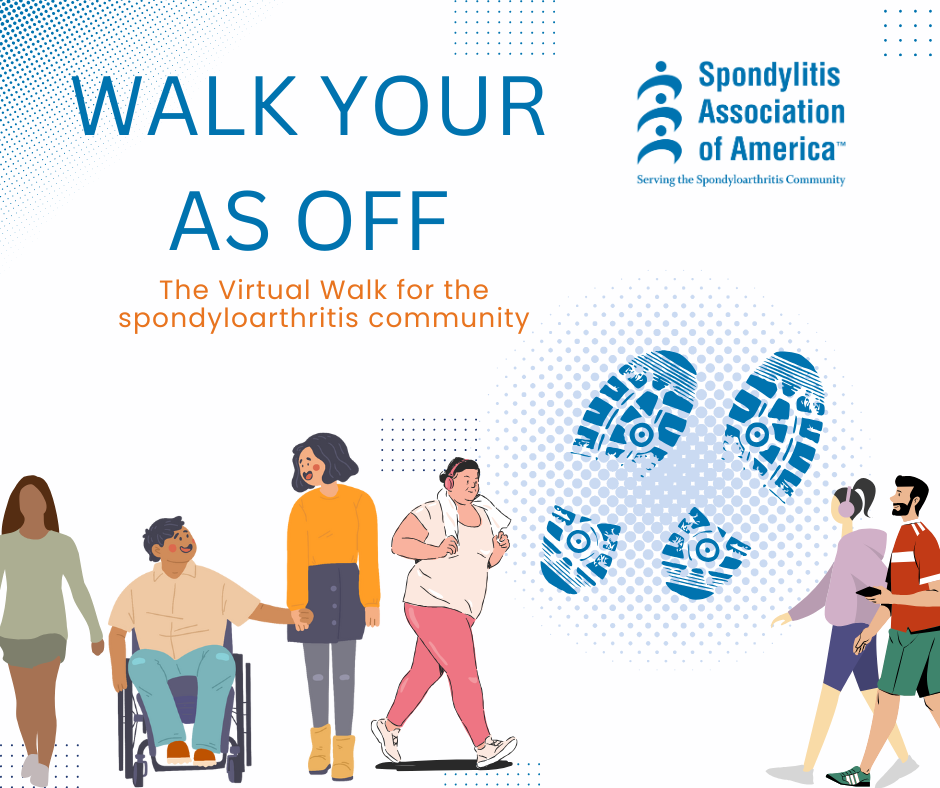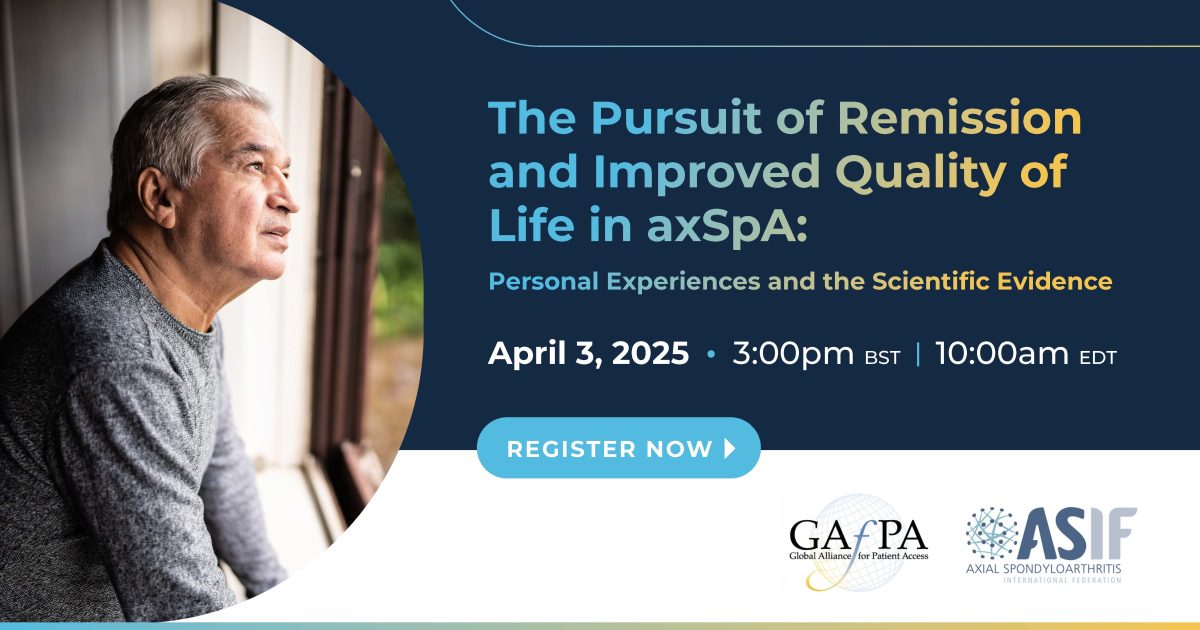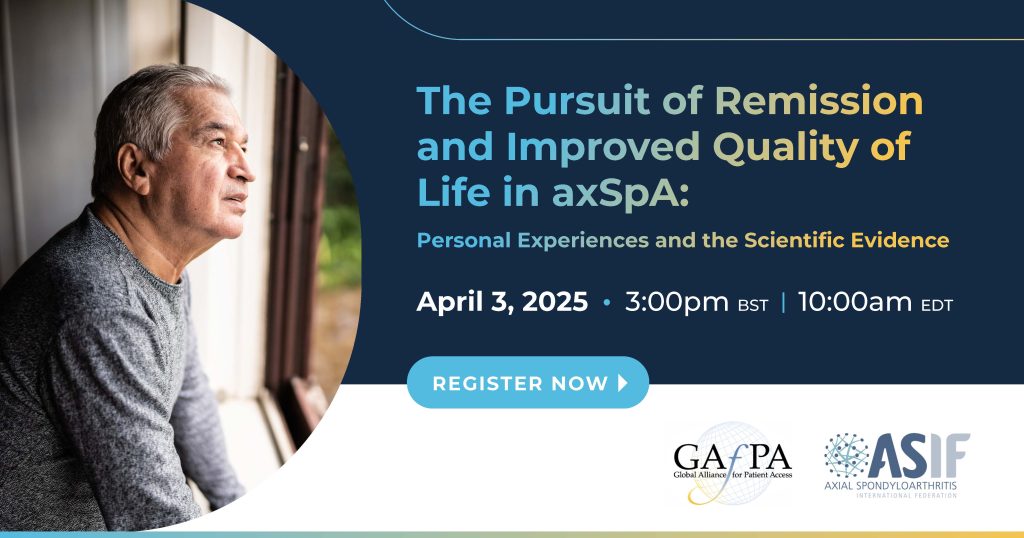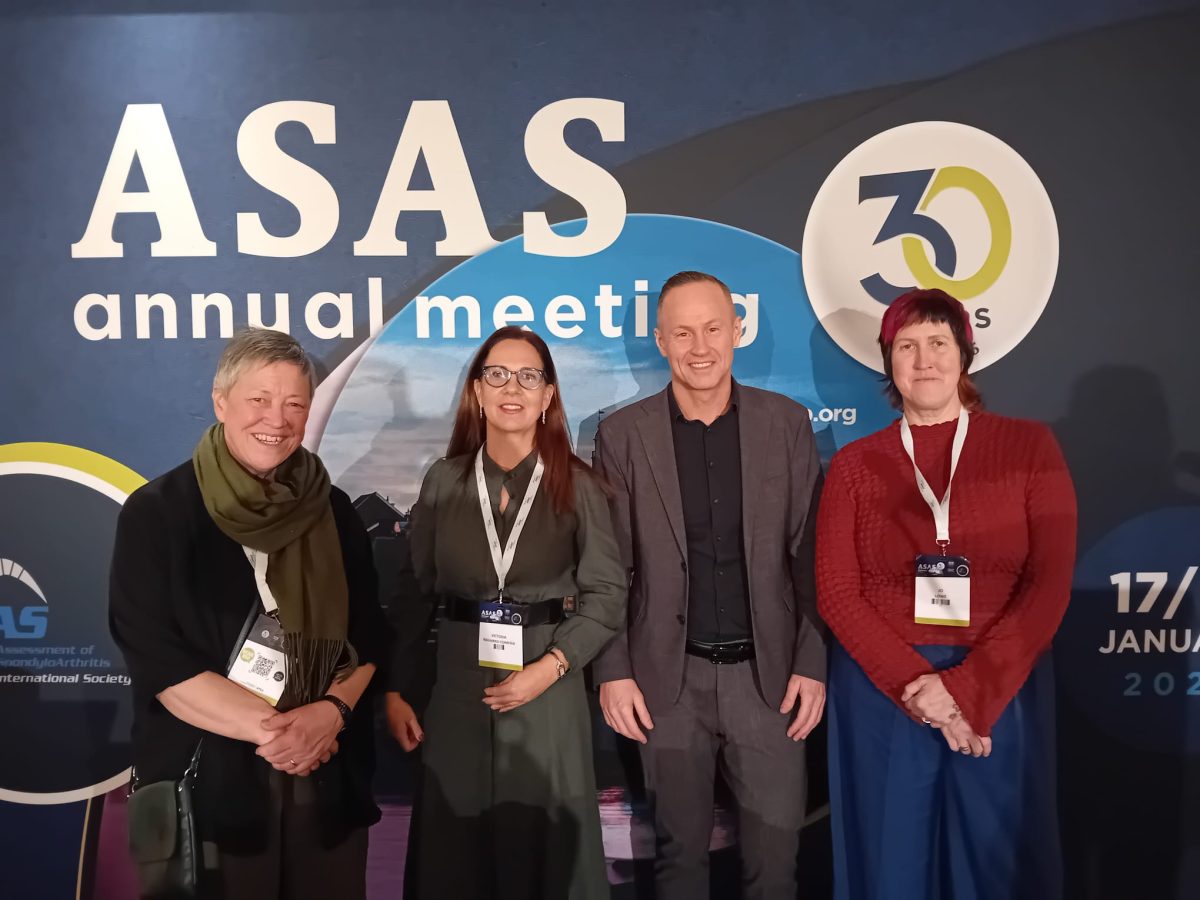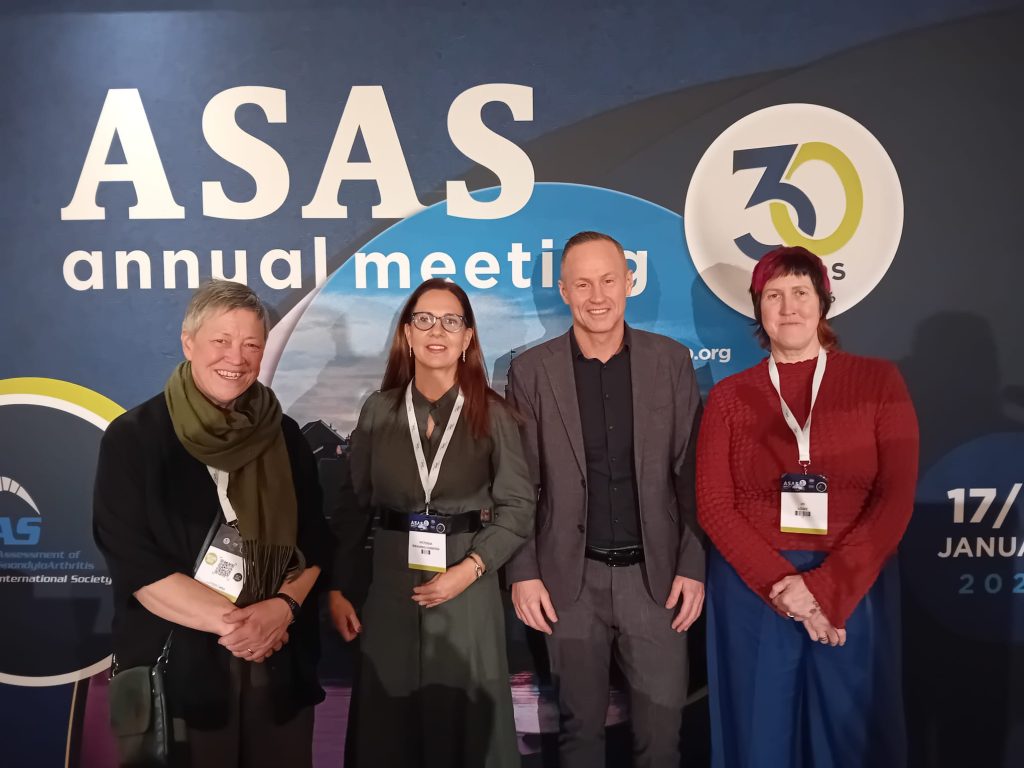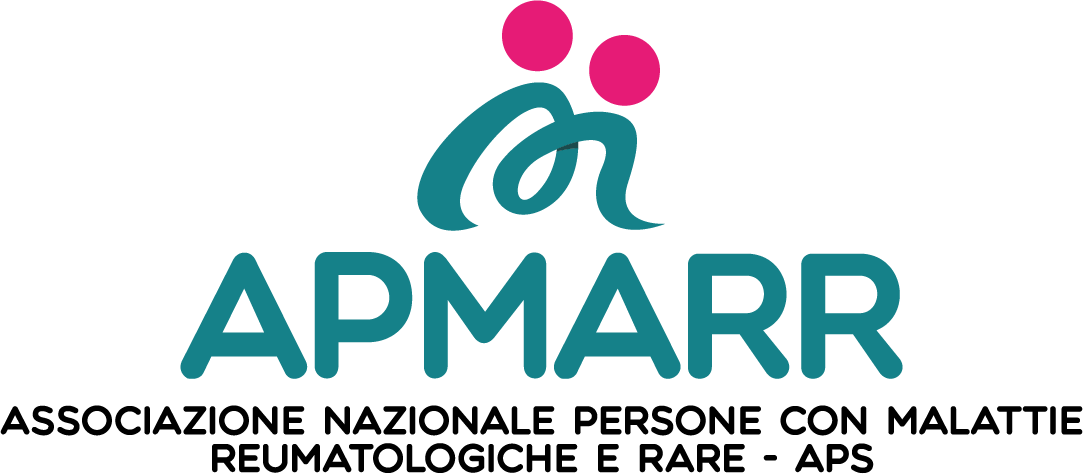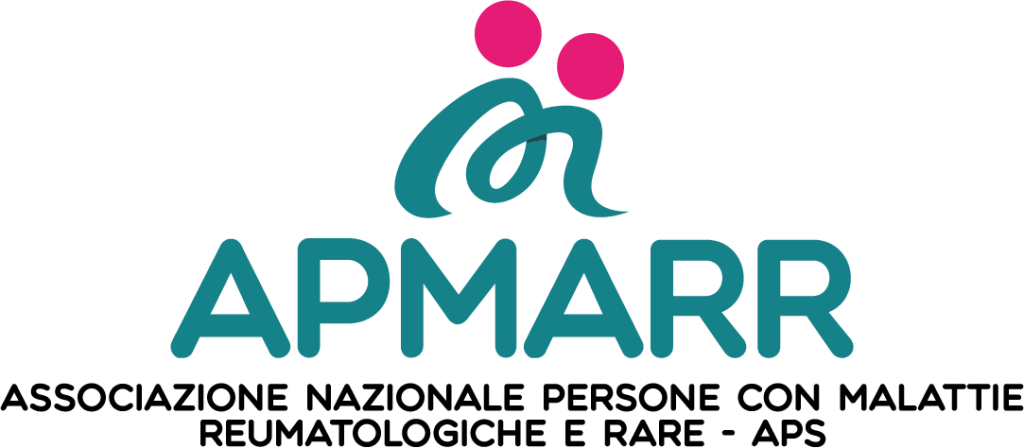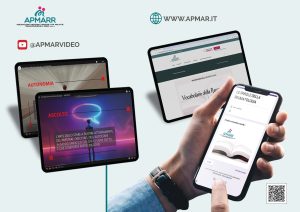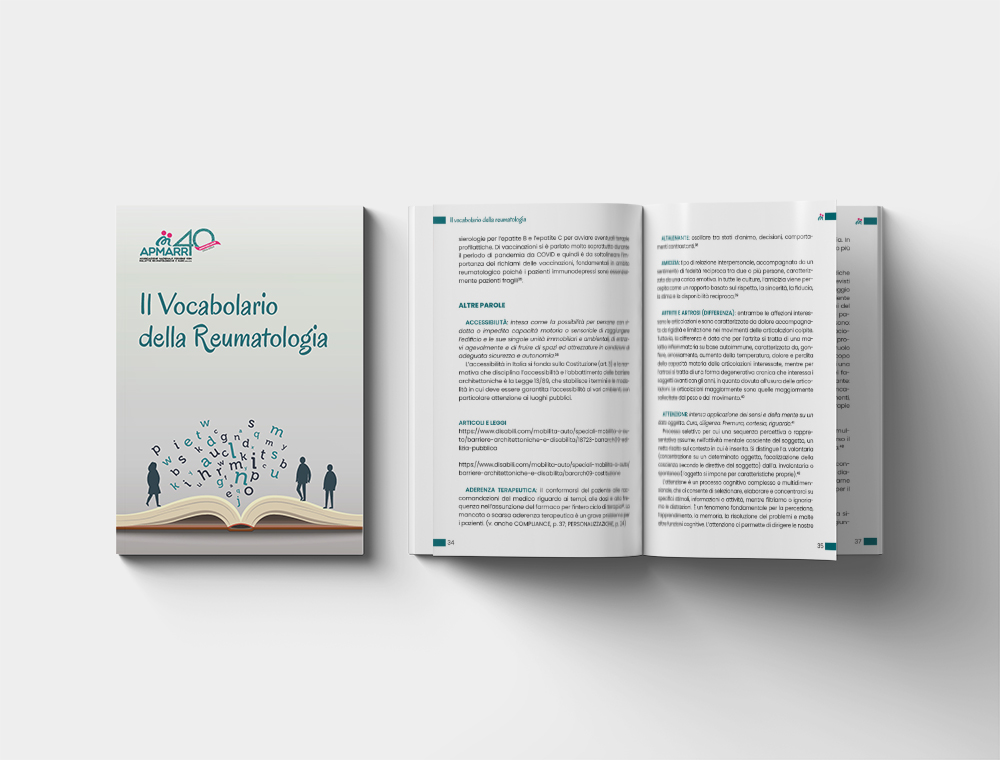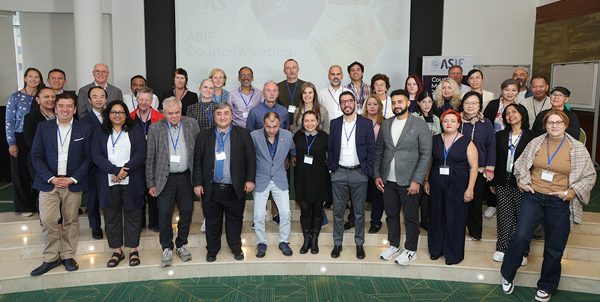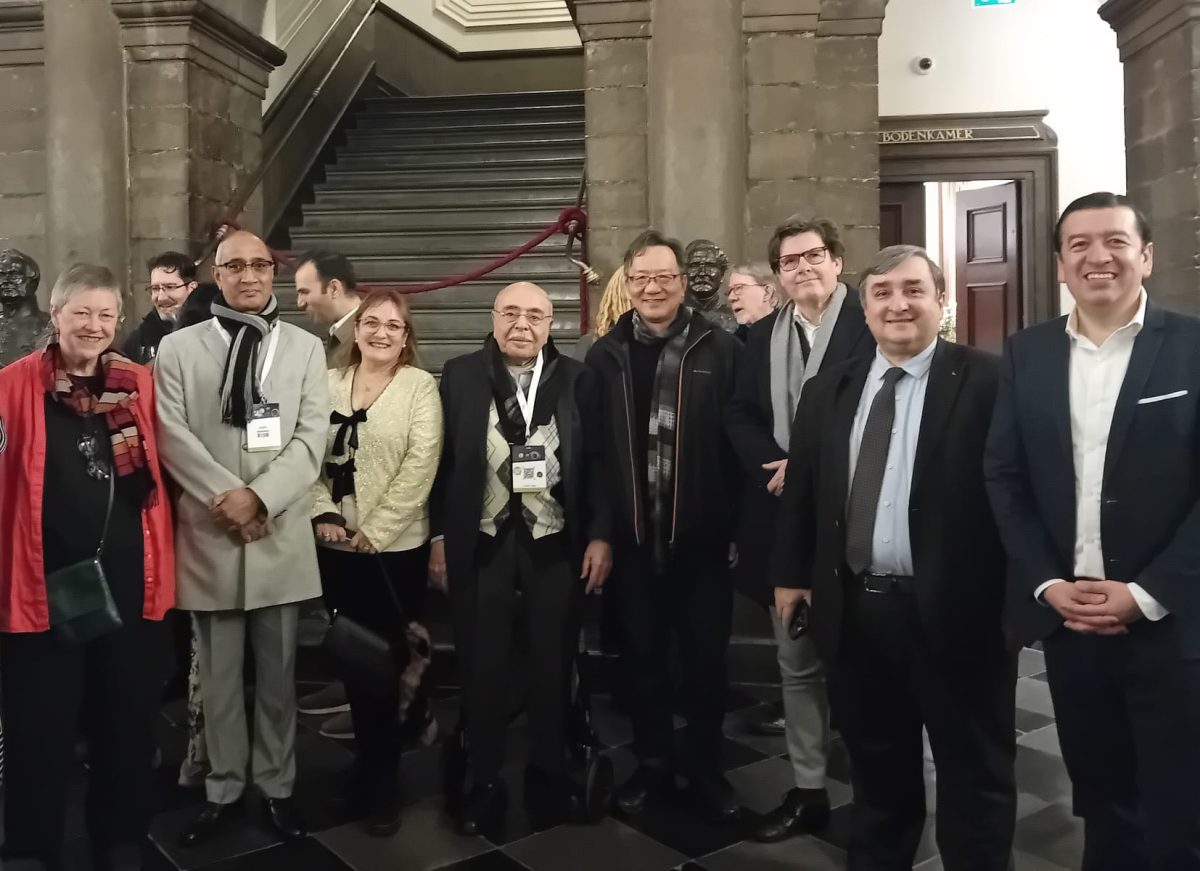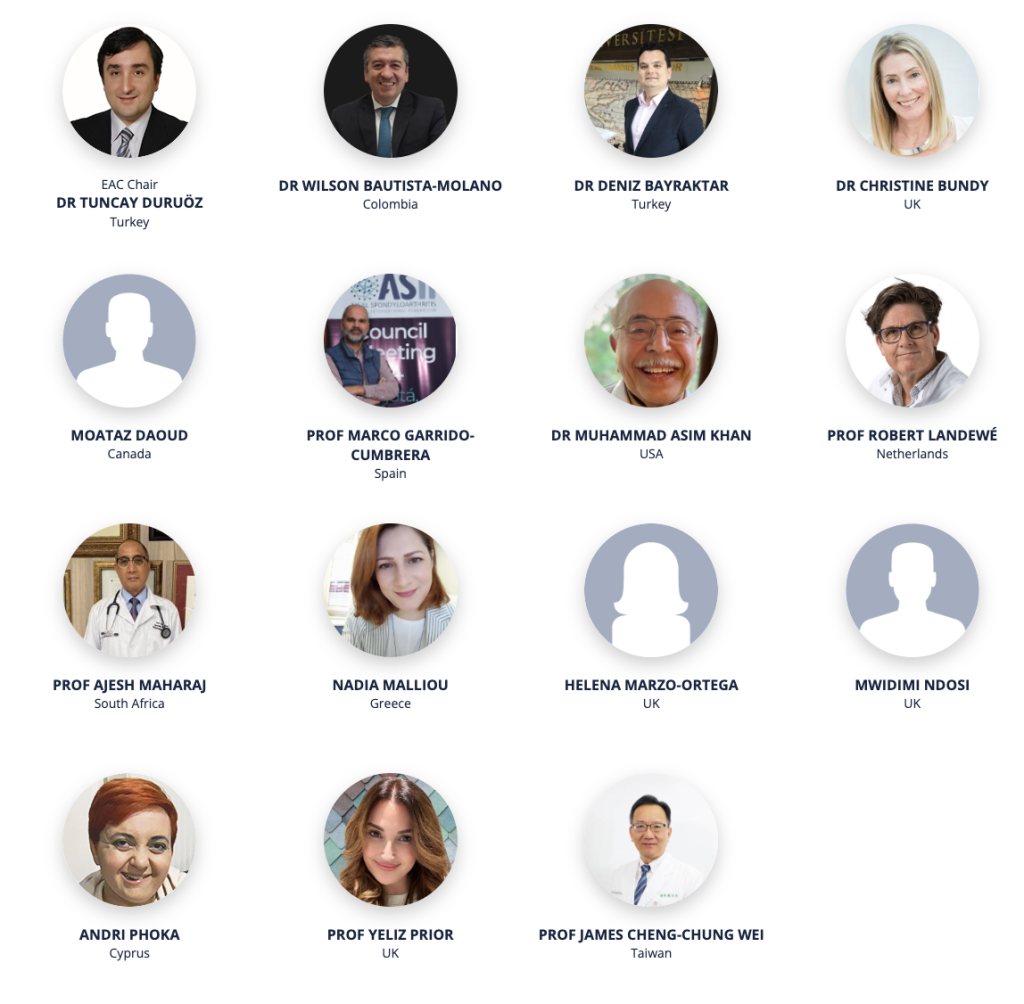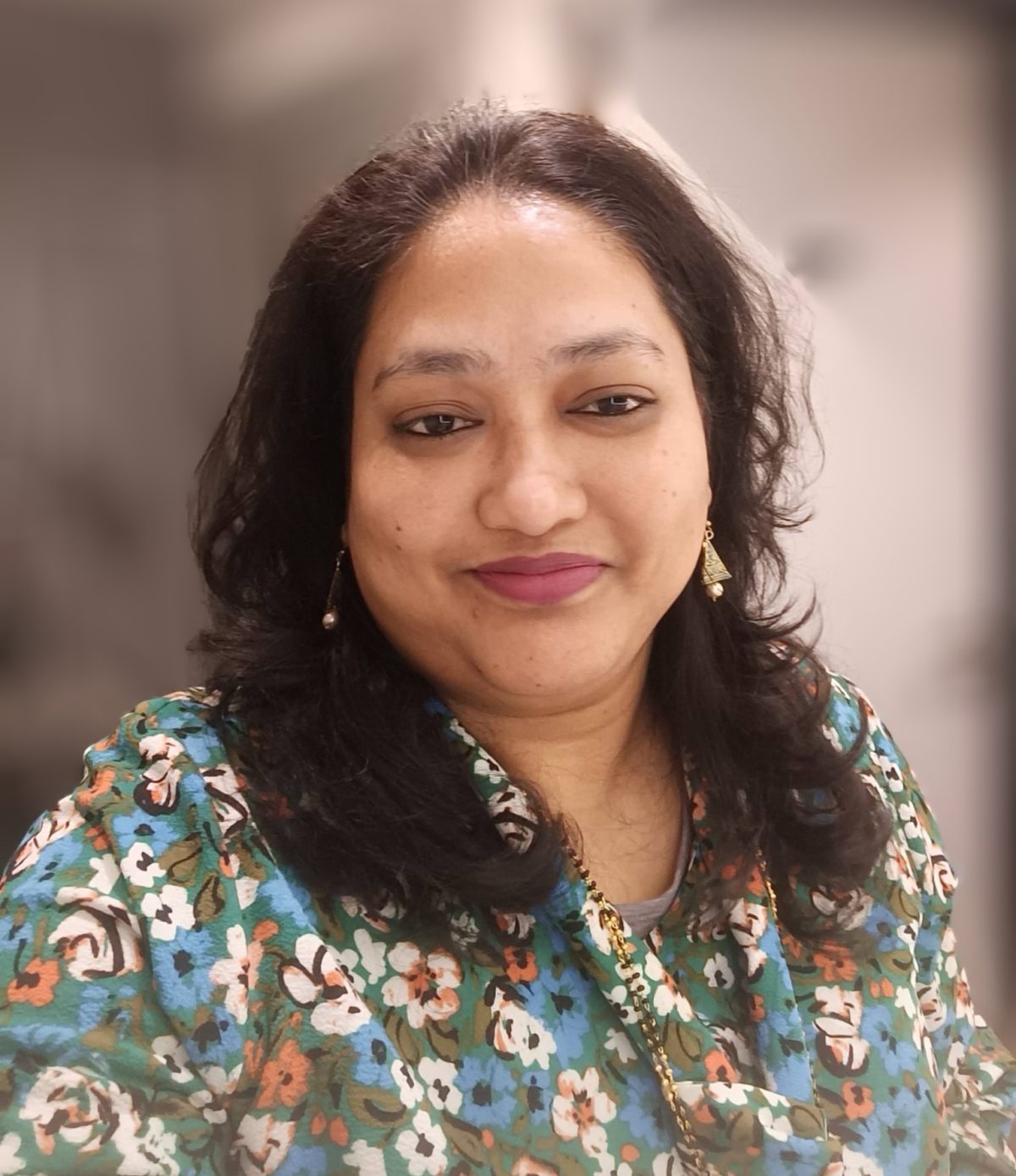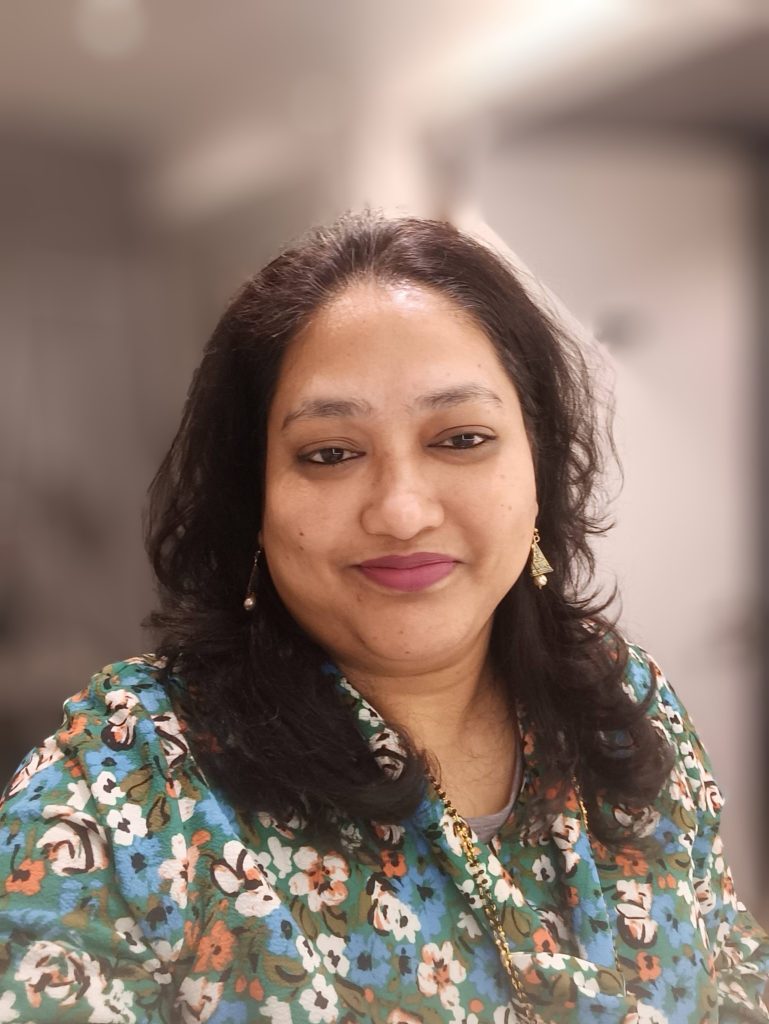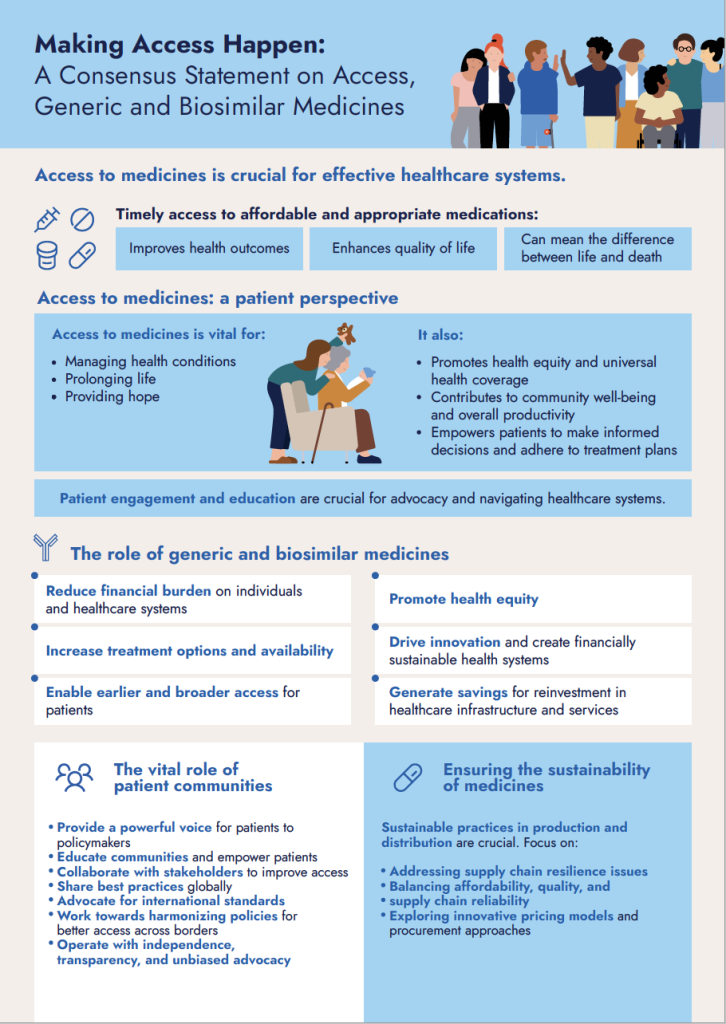
Monday 19 May at 14:00-15:00 BST
The global delay to diagnosis in axSpA is unacceptable.
One of the major barriers to getting a diagnosis is the lack of awareness and knowledge among primary care physicians and other healthcare professionals (HCPs).
So how do we change this?
It’s not easy! We know that it can be challenging to connect with non-specialist HCPs to raise awareness of axSpA.
In this webinar, we will hear about some of the ways that three ASIF members have tackled this issue. We know that healthcare systems differ between countries and so will explore activities that might work in different parts of the world and how ASIF might be able to support our members in this work.
The presentations will be followed by a panel discussion, and Q&A.
Presenters:
Dr Dale Webb, CEO, National Axial Spondyloarthritis Society (NASS)
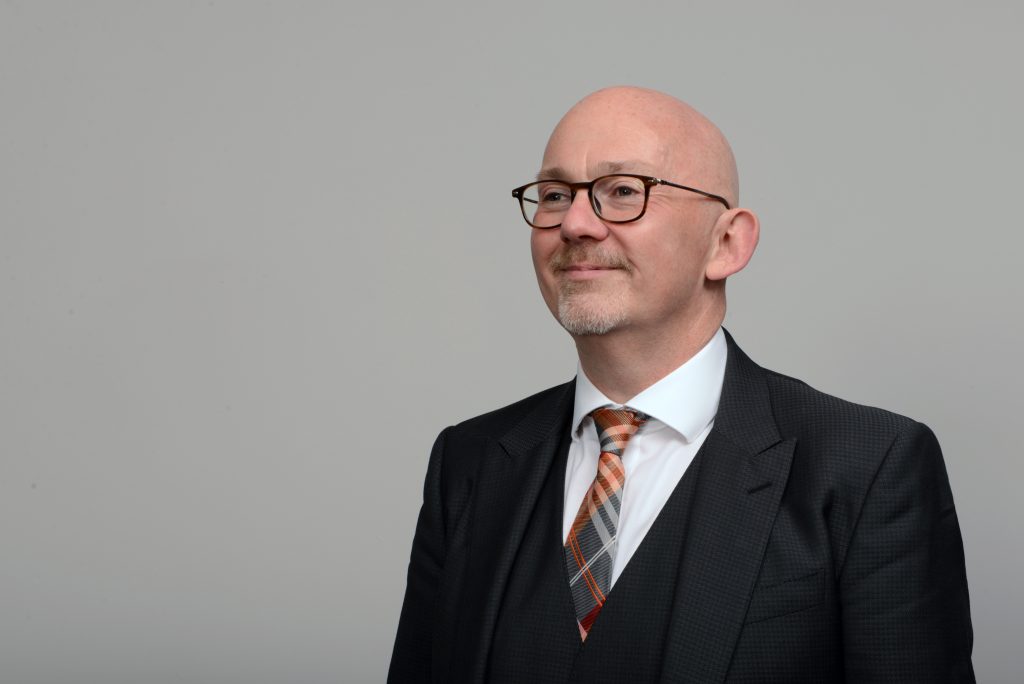
Dr Dale Webb is CEO of NASS. With an MSc and PhD in health policy, he first worked in public health in the National Health Service and then as a health services researcher, undertaking numerous national evaluations of health policy interventions. Dale has worked in senior leadership charity roles for more 20 years. At NASS he has led the creation of a Parliamentary Group on axial SpA, the development of a quality improvement programme that has supported 23 rheumatology departments, and a campaign to achieve early diagnosis of axSpA.
Brenda Delodder, Executive Director of Canadian Spondyloarthritis Association (CSA)
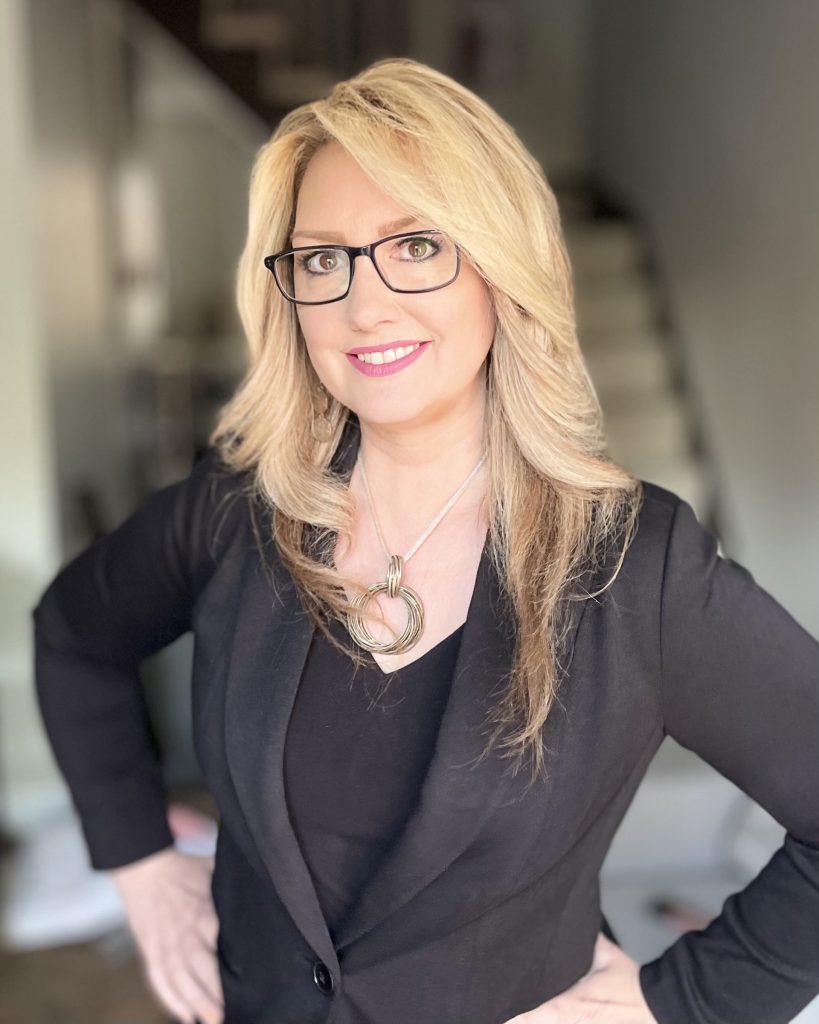
Brenda is the Executive Director of the Canadian Spondyloarthritis Association. Before joining CSA, Brenda served as CEO for several organizations including a regional food bank / food recovery charity, where she helped the organization distribute millions of pounds of fresh food to over 100 food banks and earned recognition among Canada’s top 10 charities nationally for social return on impact, and as CEO of the Canadian Orthopaedic Foundation, advancing research. With a strong track record in national policy advocacy and programming, she has contributed to major initiatives including the extension of the Compassionate Care Leave benefit program, shaping osteoarthritis care models and launching hospital screening programs for intimate partner violence.
Previously, Brenda was recognised as one of Canada’s top 10 women leaders for her leadership in COVID-19 emergency response and has held executive marketing and communications roles in the financial services sector.
Maranda van Dam, Chair and Founder of Axial Spondyloarthritis Association South Africa (ASASA)

Maranda van Dam has been a patient advocate since 2018 when she was diagnosed with Ankylosing Spondylitis. Her son was diagnosed with JIA at the age of 15. Maranda is currently a scholar of EULAR as a Patient Research Partner. She is also a member of the iPARE committee. Maranda is a winner of the PARE Best Practice Fair 2022, SARAA Academic Excellence and Recognition Award and Finalist in the APPIS Innovator Awards for Middle East, Asia and Africa 2024. She is also a speaker at various conferences and events. “Giving a voice to a silent disease, has changed my life forever.”
Chair: Nadia Malliou MSc, ASIF Trustee
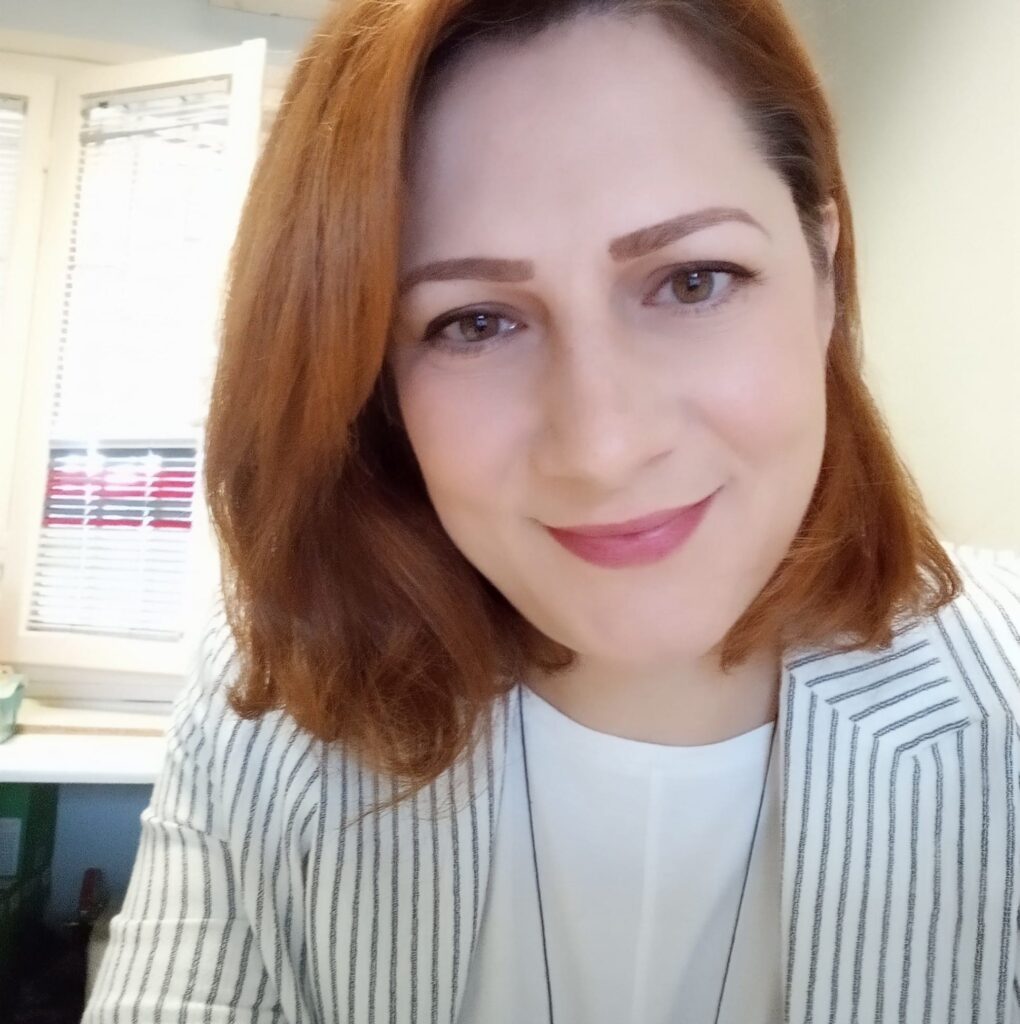
Nadia is a licensed cognitive and experimental psychologist experienced in various professional settings both in mental health services, primary care services and administration. She’s an axSpA patient herself and focuses on RMDs and chronic pain working as a volunteer with EULAR PARE, the Pain Alliance Europe-PAE, the European Pain Federation EFIC, ASIF, the Hellenic League Against Rheumatism ELEANA and the Federation for Rare Diseases. Nadia recently started her PhD. Meanwhile, she’s a volunteer supporting patients in the Pain Unit of Thessaloniki General Hospital AHEPA. She has participated in several research projects either as a researcher or a patient research partner and has been an invited speaker in numerous conferences.
Use the Contact Form or email communicationsmanager@asif.info to register.
